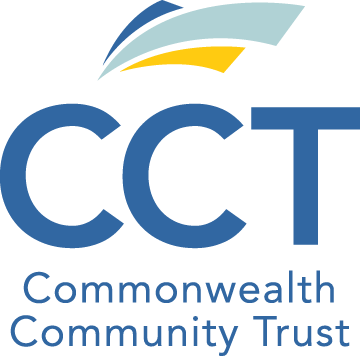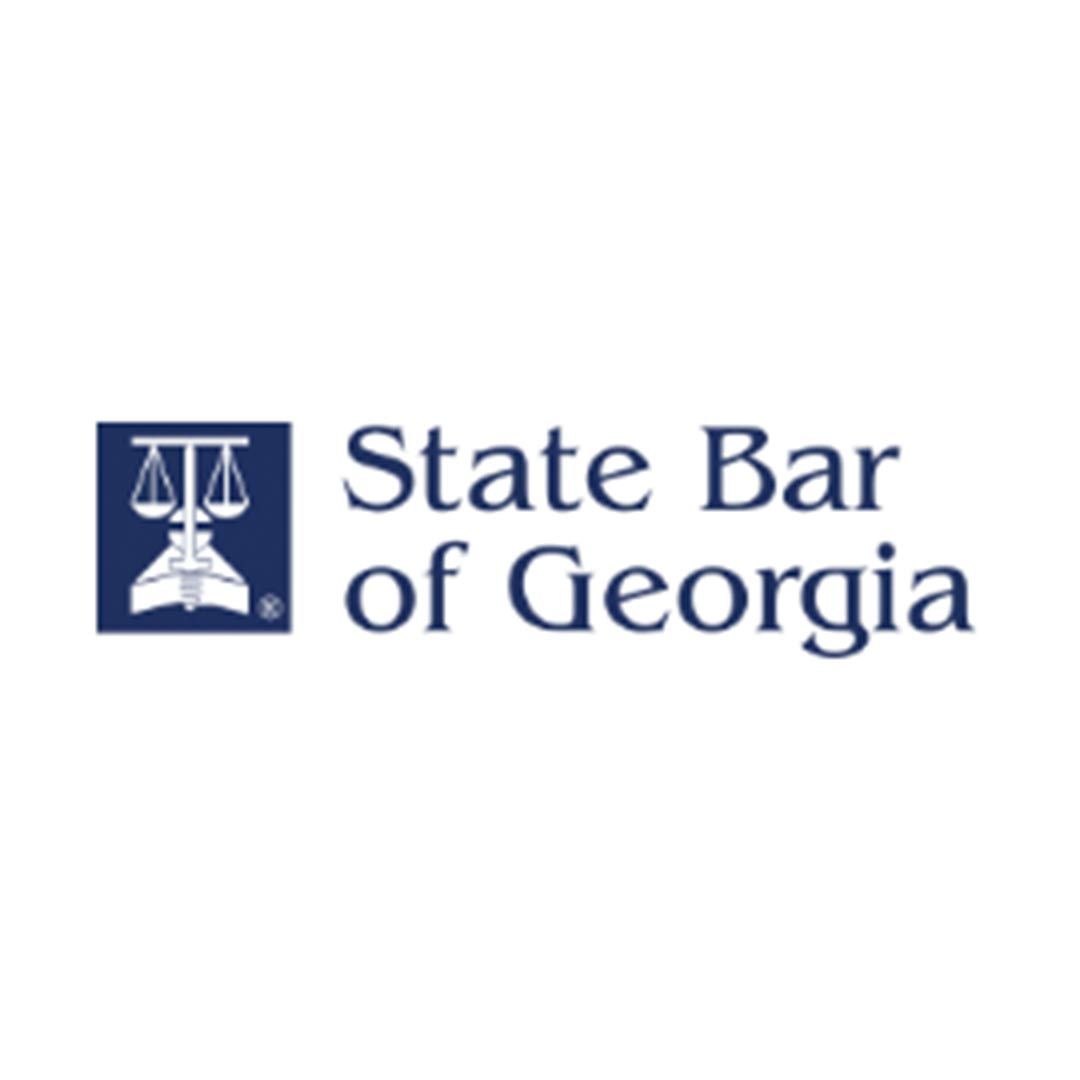The Disbursement Process
By Joanne Marcus, MSW, President/CEO, & Karen Konvicka, J.D., Director of Client Services and General Counsel
This article provides information about pooled special needs trusts, the disbursement procedure, and recommended best practices along with examples of the challenging disbursement decision-making process.
A pooled special needs trust (PSNT) is administered by a nonprofit organization that manages and invests funds for individuals with disabilities. The funds are used to purchase goods and services that will enhance the quality of life of the beneficiary. The PSNT will protect means-tested government benefits such as Supplemental Security Income (SSI) and Medicaid.
Trust funds are “pooled” together for investment purposes, offering lower administrative fees and the potential for greater growth opportunity. Because funds are pooled, PSNTs accept trusts funded with smaller amounts as well as larger estates. Most PSNTs accept only cash, but a few also accept tangible property, such as a home or ownership a business.
A PSNT administrator:
- Works quickly and efficiently for the sole benefit of the beneficiary;
- Consults with grantors and professionals when establishing a trust;
- Manages and invests trust funds;
- Reviews payment requests and supporting documentation;
- Makes disbursement decisions;
- Keeps accurate and updated financial records provided to each beneficiary/advocate;
- Maintains current knowledge of regulations governing SSI and Medicaid;
- Provides information to government agencies for beneficiaries receiving SSI and Medicaid, when requested; and
- Collaborates with attorneys, family members, the beneficiary, advocate(s), and others.
What Is a Disbursement?
A disbursement is the payment of expenses for the benefit of the beneficiary. Making decisions to approve or deny a disbursement request is one of the most challenging jobs of a trust administrator. It is helpful to have written guidelines for staff and information in a Disbursement Information Manual for clients that outlines an overview of policies and procedures. Disbursement decisions from a PSNT are influenced by the Master Trust Agreement and applicable laws, whether the beneficiary receives means-tested government benefits, whether the request is in the best interest of the beneficiary, the amount of funds in the trust, and established goals and objectives.
Disbursement Decision-Making Roles
Establishing a collegial working relationship with the beneficiary and/or the beneficiary’s advocate is the first step. The “advocate(s)” is the individual named by the grantor on the Joinder Agreement, the legal document to join a PSNT. That person relates to the trust administrator, is charged with making disbursement requests, and has access to confidential financial and personal information. The advocate can be the beneficiary, guardian, family member, attorney-in-fact, case worker, or a trusted individual who is familiar with the needs of the beneficiary.
An advocate can be changed by the grantor, beneficiary, or another advocate when the situation warrants. When a minor child reaches adulthood, the possibility of being one’s own advocate should be investigated by the trust administrator with the help of the beneficiary’s current advocate and family. Other such circumstances include when a mentally ill person begins to function well or when an injured person recovers. Conversely, individuals with mental illness may decompensate and need the help of an additional advocate. The current advocate should be allowed to name additional advocates or to resign as necessary. And, in rare and unfortunate situations, the trust administrator may become aware that an advocate is not performing his or her duties adequately or worse, is acting fraudulently. In some situations, it is necessary to hire outside case management services to help the beneficiary access the funds in an appropriate manner.
The relationship with the advocate is important as the advocate is the individual who will submit the requests for disbursements. A welcome call to the advocate when the trust is established begins this relationship. This is an opportunity for the trust administrator to get to know the advocate(s) and the client’s situation, to clarify the role of “trust administrator,” to answer questions, and to review the guidelines describing the role of the advocate(s) and the disbursement process.
The welcome call can be challenging as some beneficiaries and their advocates are distressed, “to have to ask permission to use my money.” The trust administrator’s objective is to explain that the intent is not to make complicated lives more stressful but to work together. The trust was set up with the shared goals of preserving means-tested government benefits, looking out for the beneficiary’s best interest, and so forth. The trust administrator explains that the responsibilities of the trust administrator are complex and further discusses how to manage differing roles effectively.
Disbursement Considerations
Once the disbursement request is submitted, the following variables should be considered:
- For a beneficiary receiving SSI and/or Medicaid, will the request jeopardize benefits?
- Are there adequate funds to cover the cost of the request?
- Is the request consistent with stated objectives?
- For a third-party trust, is the request consistent with the intent of the grantor(s)?
- Is the request prudent and for the sole benefit of the beneficiary?
- Is the request an appropriate use of the trust?
- Items that might not be approved:
- Weapons, weapons accessories, or ammunition including bullets or other similar items;
- Alcoholic beverages;
- Illegal and recreational drugs;
- Bail or bonding; and
- Items and services that are illegal to purchase or possess.
Payment Request Process
The Payment Request Form is customarily easy to complete and asks for the amount requested, description of the request, who to make the check payable to, and the mailing address. The form is submitted with supporting documentation such as receipts, estimates, or invoices and can be faxed, emailed, or mailed. Some organizations have a website that allows the advocate to submit requests securely through a portal. Trust administrators review each request and assure that all supporting documentation is received and is correct.
For requests that are approved, it is recommended that payment be mailed within 10 business days.
When supporting documentation is missing or concerns arise, every effort should be made to contact the advocate. For advocates who are not responsive or when the request is not approved, it is recommended that a verbal and/or written explanation be provided.
In-House Disbursement Committee
It is helpful to organize a Disbursement Committee that meets regularly to review the following:
- Requests over $2,000 (any amount);
- Payment of service providers to determine whether an employee or independent contractor;
- Expensive purchases such as real estate or vehicles;
- Escalating issues and disgruntled clients;
- Clients who overspend;
- Suspected financial or other types of abuse; and
- Requests that impact means-tested public benefits.
The Disbursement Committee engages in deep discussion to ensure requests are prudent and appropriate.
Advocate(s) submits the Payment Request Form with supporting documentation –>
Trust Administrator reviews the disbursement request–>
In-house Committee meets regularly to review requests of a complex nature
Appeals Process
While offering personalized and secure trust administration services for people with disabilities, it is important to welcome all client comments, complaints, suggestions, and concerns that will improve the client experience and trust administration services.
For escalating situations, a client grievance policy ensures that clients have an easy and accessible way to provide feedback. It is recommended that written complaints be filed within 30 days of the incident. A complaint can pertain to trust administration services or an employee for alleging discrimination based on race, color, or national origin. Every effort should be made to clarify and resolve the dispute, but once the grievance is received in writing, the written policy should be shared so that the expectations are clear on all sides.
A written description of the complaint(s) and subsequent related events will be maintained in the beneficiary’s case record, including date and type of complaint, summary of the allegations, and actions taken in response to the complaint. Clients should be able to submit feedback without fear of retribution.
How Can the Funds Be Spent?
The funds can be used to pay for expenses that enrich the quality of life of the beneficiary and for supplemental needs of the beneficiary who receives public benefits. Examples include:
- Pre-paid burial and funeral expenses
- Assistive technology
- Education expenses
- Home repairs
- Transportation
- Caregiver services
- Vacations
Who Can Receive Funds?
The funds can be disbursed to the following individuals or entities with appropriate supporting documentation:
- Vendors or service providers (i.e. telephone company or caregiver);
- Retail merchants (i.e. department store);
- Individual who has purchased goods or services on behalf of the beneficiary;
- Credit card company for goods and services purchased on behalf of the beneficiary; or
- Pre-paid credit card, if offered.
Examples of The Challenges Facing the Trust Administrator
When the beneficiary is competent to act as his or her own advocate, which depends upon the nature of the disability, a challenging situation can occur when the request, in the judgment of the trust administrator, is not prudent. It is recommended that:
- Additional information is requested;
- The beneficiary is counseled;
- Additional named advocate(s) are consulted; and
- A case manager can be hired to provide a written assessment.
There are times when, at the end of the day, the request is approved out of respect for the beneficiary’s decision-making autonomy.
Another example of a challenging situation is when the parental duty of support for a minor child collides with the parental advocate’s requests for financial support. In these cases, an assessment may include the parent’s financial information. Requests that relate to the beneficiary’s disability are typically approved, and when financial need is demonstrated, other requests may be approved as well. Frequently, parents are unable to work because they stay home to take care of their child with special needs. As trust administrators, decision-making is individualized based upon the client’s situation.
Conclusion
While the responsibility of a special needs trust administrator is challenging, it provides great professional rewards for the staff and financial security for the beneficiary and the family. It is not often that there is an opportunity to make such a positive difference in someone’s life.
Related Articles:
Nancy, Grandmother and Advocate of a CCT Beneficiary
"CCT has been wonderful in serving the financial needs of my grandson. They are always prompt in answering questions and suggesting how we can make something happen for him. He just turned 18 this year and we still plan on using this service." — Nancy, Grandmother and Advocate of a CCT Beneficiary

Holly, CCT Beneficiary
The first-person special needs trust, and the people who help manage the trusts, has been such a blessing. The combination has lifted a huge weight from my shoulders[.] — Holly, CCT Beneficiary
James, CCT Beneficiary
[I]t is people like you, who help those of us with disabilities which keeps us from living what would be “normal” lives, that is a blessing and gift that goes unseen, unheard of, and unrecognized. You make everyday tasks that most people take for granted but to me are frightening and debilitating and make them […]
Elaine, CCT Beneficiary
CCT has been a blessing and one of the smartest moves I’ve made. They are always there to help you with any questions you may have. I was able to purchase a new car and had work done on my house. I have a very blessed life, and CCT contributes to that[.] — Elaine, CCT […]
Grandmother of Beneficiary Kobe
"CCT made getting the wheelchair equip van we so much needed for our grandson the easiest purchase ever. Thank you CCT!!!" — Grandmother of Beneficiary Kobe
Rhonda, Mother and Advocate of a CCT Beneficiary
"CCT has been amazing. Very helpful with guiding us through this process." — Rhonda, Mother and Advocate of a CCT Beneficiary
Nancy, Grandmother and Advocate of a CCT Beneficiary
"CCT has been wonderful in serving the financial needs of my grandson. They are always prompt in answering questions and suggesting how we can make something happen for him. He just turned 18 this year and we still plan on using this service." — Nancy, Grandmother and Advocate of a CCT Beneficiary
Holly, CCT Beneficiary
The first-person special needs trust, and the people who help manage the trusts, has been such a blessing. The combination has lifted a huge weight from my shoulders[.] — Holly, CCT Beneficiary
CCT
Trusts
Professionals
Clients

*Disclaimer Statement: CCT is not a chartered bank or trust company, or depository institution. It is not authorized to accept deposits or trust accounts and is not licensed or regulated by any state or federal banking authority.
All Rights Reserved | Commonwealth Community Trust


